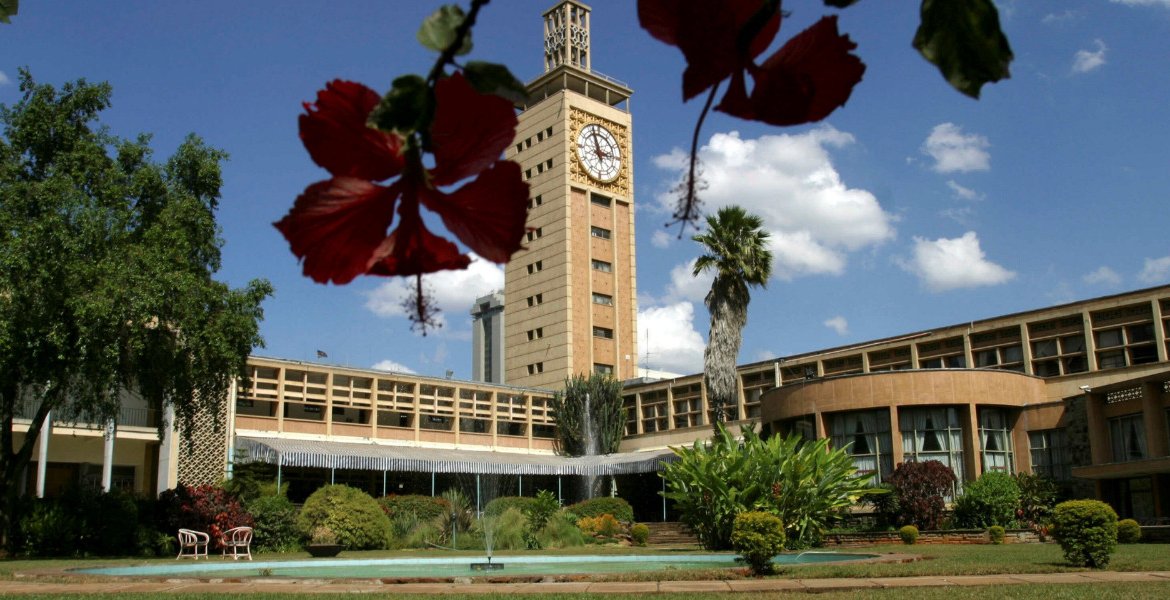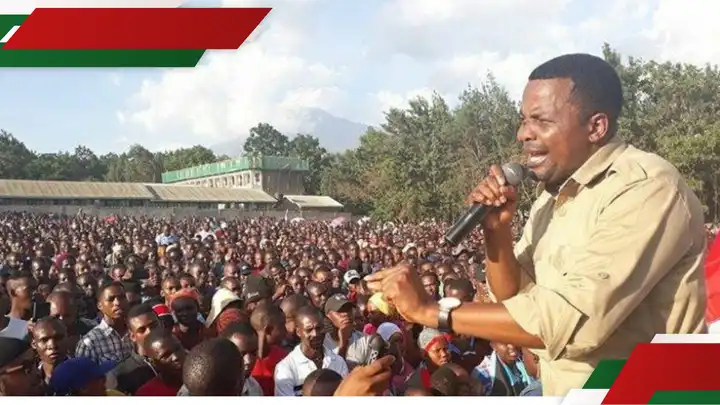The Kenyan healthcare sector is under intense scrutiny as a parliamentary inquiry commences into allegations of illicit human organ trafficking, with potential ramifications for multiple hospitals and medical professionals across the country.
The investigation, initiated by the National Assembly Departmental Committee on Health, will span 90 days, focusing on malpractice, ethical breaches, and unlawful kidney transplant procedures, with Mediheal Group of Hospitals currently at the epicenter of the probe. The probe stems from increasing concerns that a deeply rooted criminal syndicate has been exploiting vulnerable individuals, particularly those from economically disadvantaged backgrounds.
Lawmakers and witnesses suggest the illegal trade is facilitated by a network of unscrupulous actors, encompassing licensed and unlicensed medical facilities, middlemen, and clinics operating beyond regulatory oversight. The inquiry follows a government directive to establish a 13-member team tasked with examining the allegations and identifying all implicated hospitals. The investigation promises to reveal the full extent of the malpractice.
Benard Kitur, the Nandi Hills Member of Parliament and a key witness in the investigation, characterised the situation as a deeply entrenched criminal enterprise. He detailed how the illegal trade operates through a network of unscrupulous actors, including licensed and unlicensed medical facilities, middlemen, and unregulated clinics. Victims are allegedly deceived into consenting to organ transplants under false pretences or enticed with promises of financial compensation.
While Mediheal Group of Hospitals has emerged as the primary focus of the investigation, mounting evidence suggests the illicit trade is part of a broader, more intricate system involving multiple healthcare institutions. Mr. Kitur revealed that victims were initially tested at other hospitals before undergoing kidney transplants at Mediheal. These allegations raise concerns about the broader network facilitating these procedures, suggesting that the issue is not isolated to one institution.
The case of Emmanuel Kipkosgey has emerged as a focal point in the investigation. Kipkosgey claims he had his kidneys harvested under deceptive circumstances. According to Mr. Kitur, Kipkosgey was promised KSh1.2 million in exchange for his organs but received only KSh50,000 before the operation and KSh400,000 afterwards. The remaining balance was never paid. Kipkosgey’s health has reportedly deteriorated since the operation, leaving him in a precarious situation without the promised compensation.





